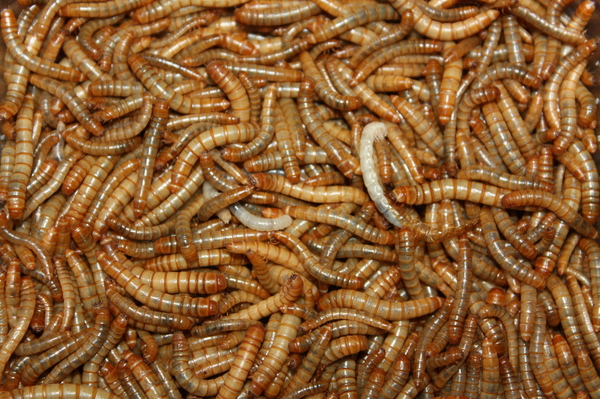Two Wrongs Could Make a Right: Food Waste Compost Accelerated Polystyrene Consumption of Tenebrio molitor
(1) Po Leung Kuk Laws Foundation College, Tseung Kwan O, Hong Kong
https://doi.org/10.59720/20-028
Expanded polystyrene (EPS) is a type of plastic that poses serious impact to the environment. The ingestion of EPS can kill animals and cause harm to the entire food chain. It takes one thousand years for the complete degradation of EPS in nature. Previous work showed that mealworms, the larvae of Tenebrio molitor, are capable of digesting EPS. However, the use of mealworms for EPS degradation is not popular because of the slow rate. We herein report that food waste compost (FWC) is an effective additive to accelerate EPS consumption in mealworms. In our experiment, we investigated the effect of FWC and oats on the EPS consumption rate and lifecycle of mealworms. The effect of FWC on the EPS consumption rate of superworm (Zophobas morio) and greater waxworm (Galleria mellonella) was also studied. EPS consumption rate of mealworm gained a 78% increase when FWC was added. Oats, a common feed for mealworms, increased the EPS consumption rate, but the effect was significantly lower than that by FWC. FWC and oats promoted weight gain and survival of mealworms. A stronger positive correlation between weight gain and EPS consumption was observed in mealworms that were co-fed with FWC when compared with that with oats. In addition, the larval period of mealworms fed with FWC was significantly longer than that fed with oats. Finally, we found that FWC also accelerated EPS consumption in superworm and greater waxworm, but FWC-accelerated EPS consumption by mealworms showed the highest efficiency in terms of mass-to-mass ratio. These findings shed light on a potential industrial application for degrading EPS. Not only could the method degrade EPS in a more efficient manner, it could also provide a proper use of food waste.
This article has been tagged with: